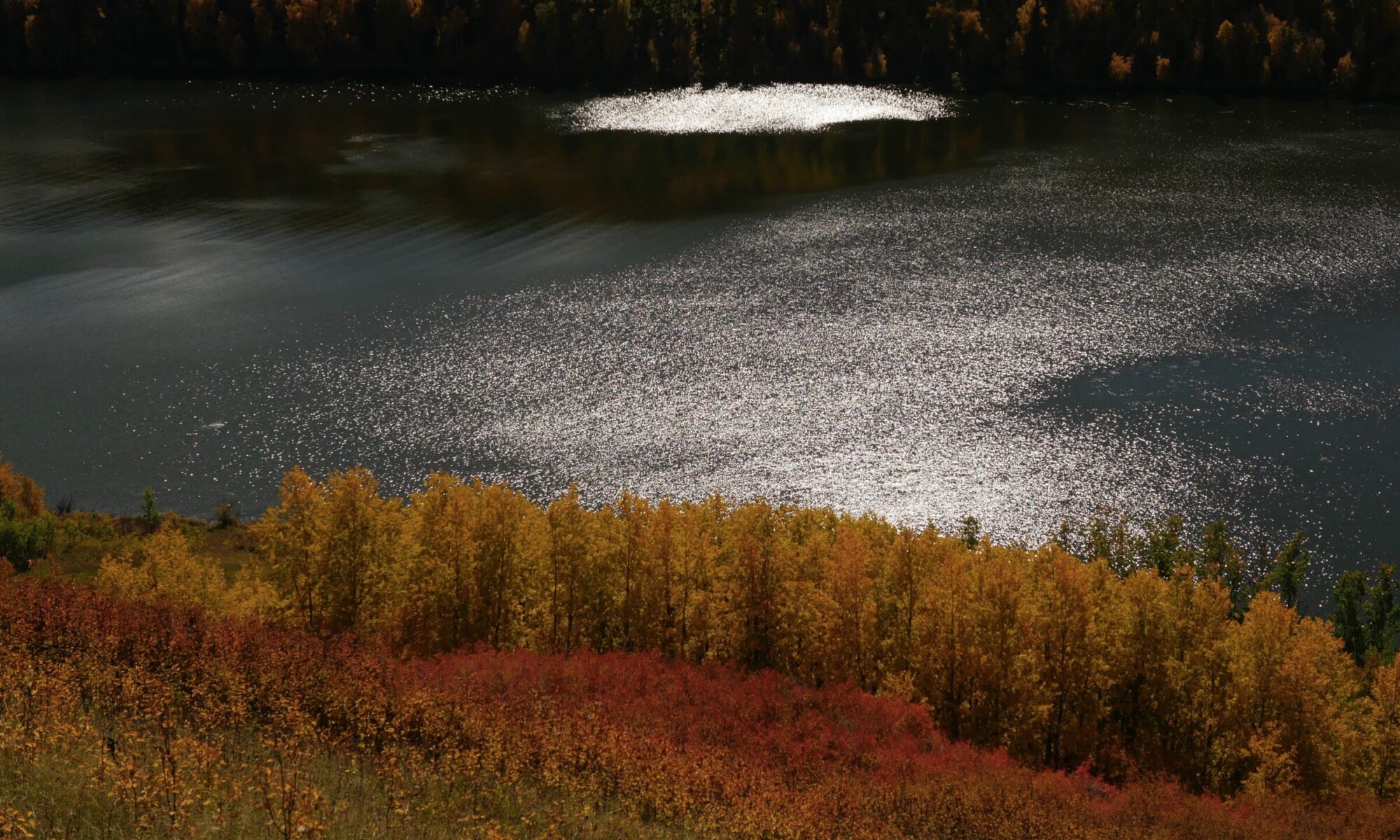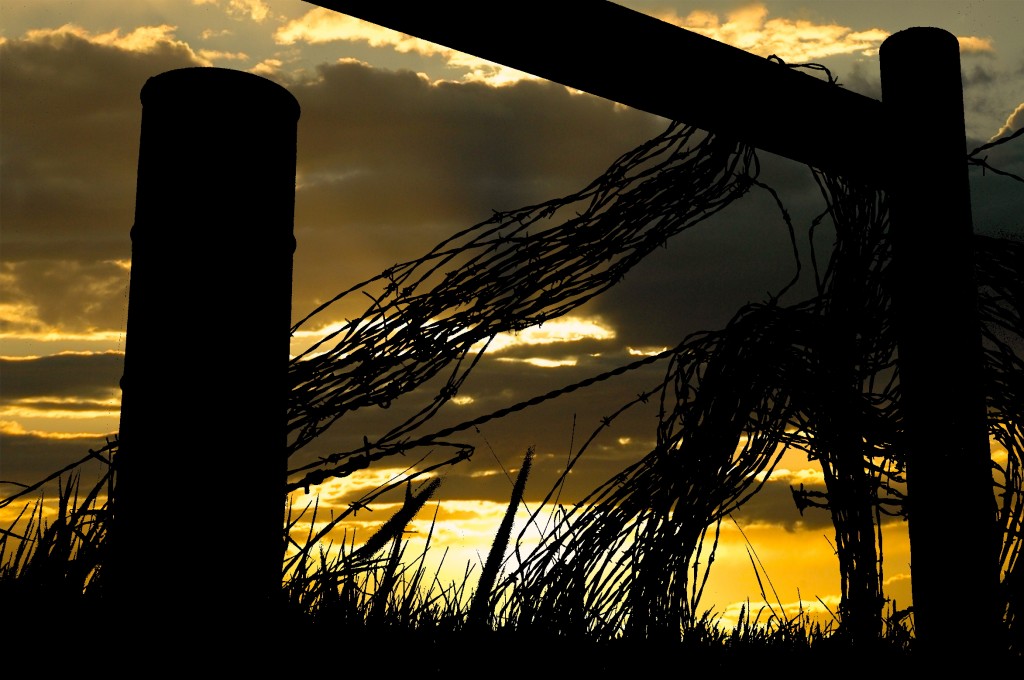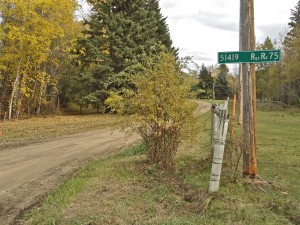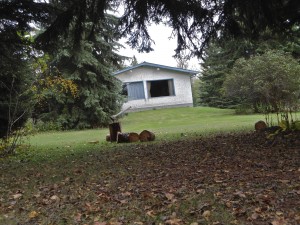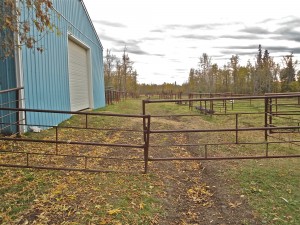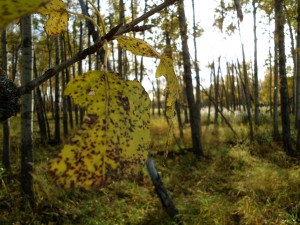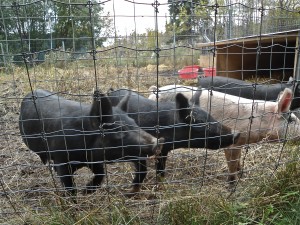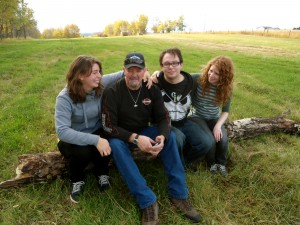REFRAMING THE ETHICS OF CIVIL DISOBEDIENCE
Every time I turn on the T.V these days I’m hearing about civil disobedience. The Tar Sands, the Keystone and Enbridge Pipelines, omnibus bills C35 and C48, the Idle No More movement—they all mention civil disobedience—usually as a last, but looming resort.
Here in the beautiful Comox Valley on Vancouver Island, large multinational corporations, with the full support of government, are promoting coal projects. They want us to become Appalachia North. We are training people in civil disobedience.
But getting our minds around the justification for civil disobedience is not easy. It takes some serious reframing.
As a child my mother told us kids, “If you get lost or someone is bothering you go and find a policeman and tell him what’s wrong.” That was my first awareness of something that I eventually recognized as respect for authority and the rule of law. If we didn’t have it our society would sink into chaos and lawlessness. And that viewpoint stayed with me for most of my life, even when the people in power did not share my political views. So for me, respect for duly elected authority was almost part of my DNA. Committing acts of civil disobedience went against the grain.
But, as I grew older I began to reframe and rethink the whole nature of civil disobedience. It occurred to me that my family and I have a right to clean water, clear air, good food, a suitable home, and a safe place to live. We didn’t get these rights from the Canadian Constitution nor the Charter of Rights and Freedoms. We didn’t get them from the Prime Minster of Canada or the premier of a province. My rights, my neighbour’s rights, and the rights of all living things come from our very existence. They are gifts of nature or, as many First Nations often put it, gifts of The Creator.
Thus there is a rule of law based not on human laws but upon the laws of nature. The prime directive of all human laws should be to protect natural laws. If we don’t protect the laws of nature and its ecosystems which ensure our survival, we are doomed.
So, when we engage in peaceful direct action as a last resort, we are not the ones breaking the law. We are trying to protect natural laws that ensure our survival as a species. It is those who have introduced laws that violate our natural rights that are breaking the law.
Reframing civil disobedience this way removes the guilt feelings and motivates action. It works for me. It might work for others.
Mike Bell
Comox, B.C.
